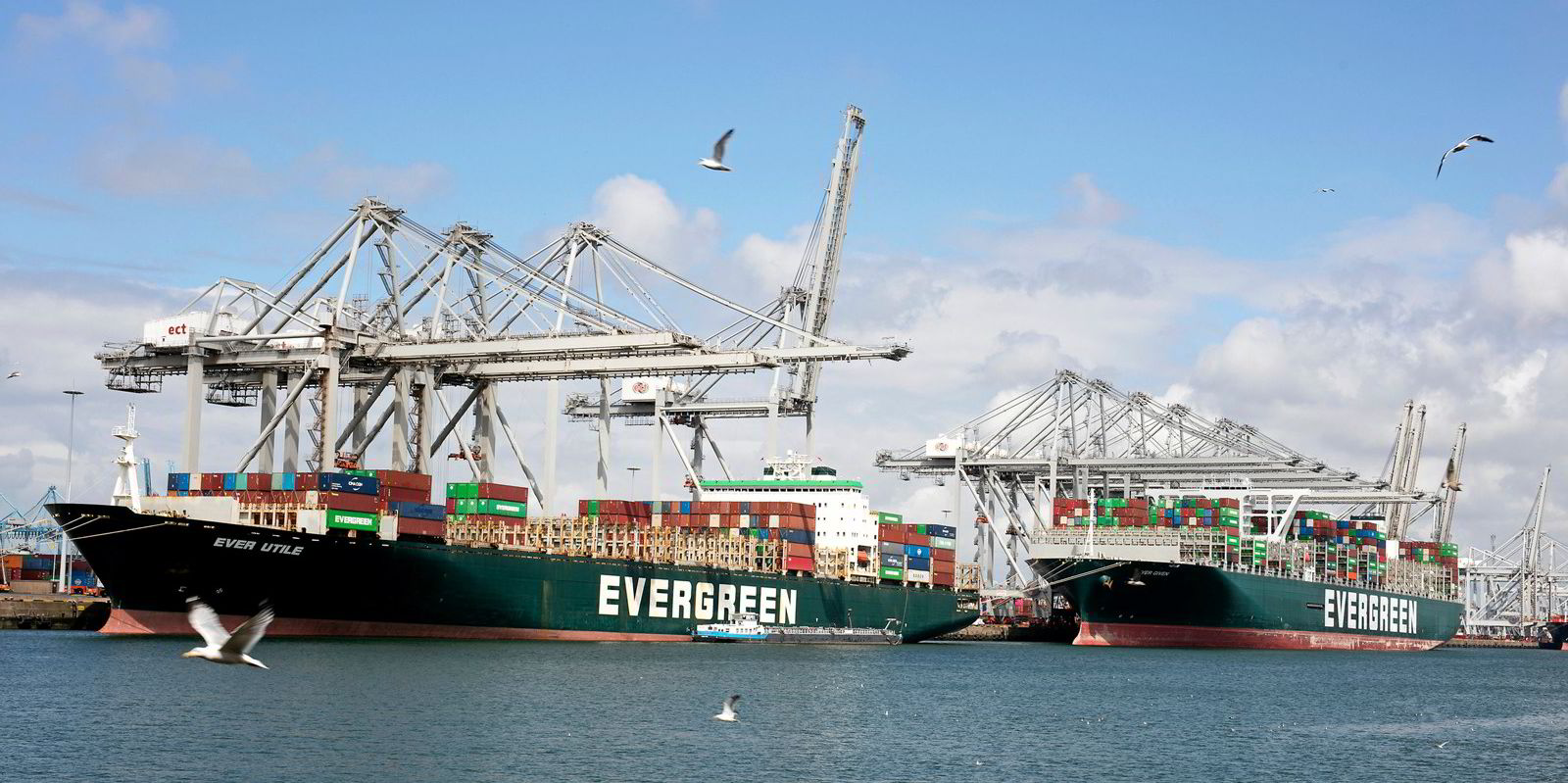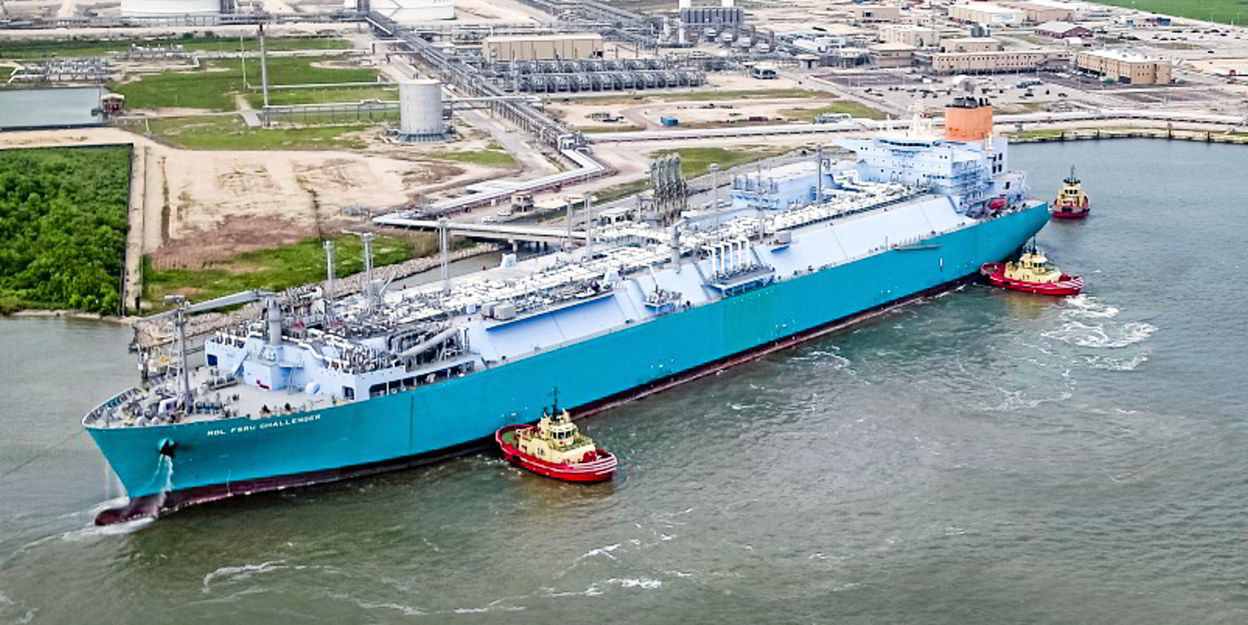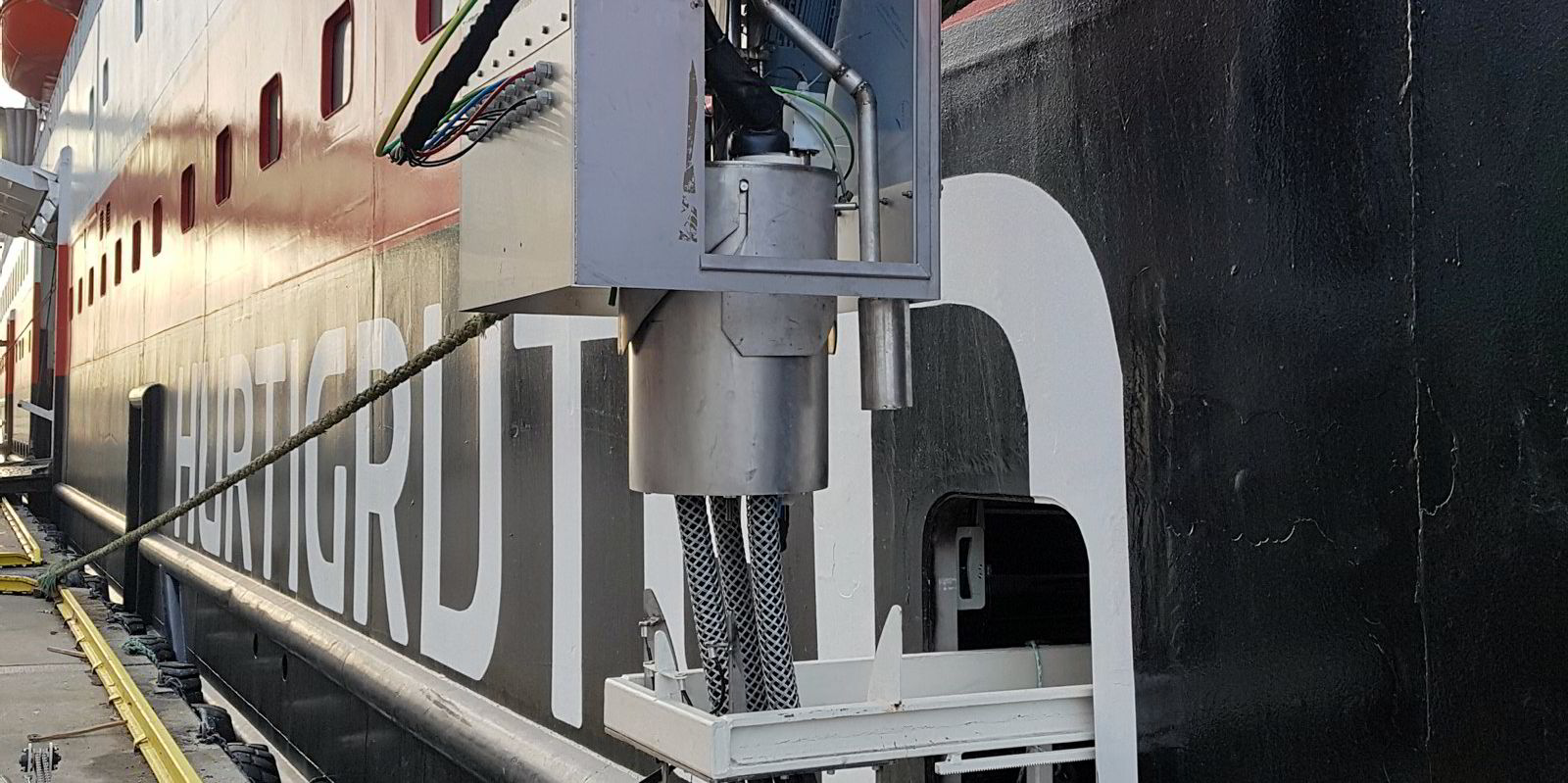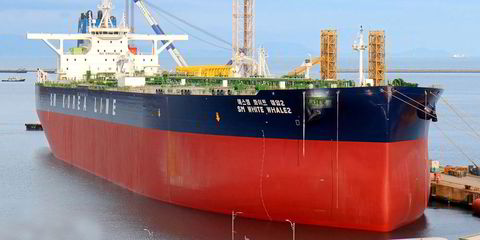The Port of Rotterdam has set up studies to investigate how shore-based electric power can be made available to container, cruise, and liquid bulk ships.
The studies being undertaken at the terminals of Hutchison Ports ECT, Rotterdam, APMT2, Vopak, and Cruiseport Rotterdam should be completed in 2023.
The Port of Rotterdam Authority has calculated that the total energy demand and consumption of sea-going vessels in the port amounts to about 750-850GWh.
This is equivalent to the energy consumption of 250,000 households and means there is much to be gained in terms of air quality and emissions if vessels are 'plugged in' when berthed and diesel generators can be switched off.
"Shore-based power for sea-going shipping is a complex matter," said port authority chief executive Allard Castelein, "due to the huge electricity consumption and the fact that many sea-going vessels do not have the proper connections for using shore-based power."
Rotterdam's initiative goes alongside plans for developing power facilities at other north European ports, including Antwerp, Bremen, Hamburg, and Le Havre, Castelein said, because shipping companies want to have certainty their vessels can plug into electricity in several ports before they invest in systems adaptation.
An inter-European framework "should speed up the application of shore-based power," he added. Inland shipping has used shore-based power at Rotterdam for more than a decade.
The reports being carried out at ECT's Amazonehaven, APMT2's Amaliahaven, Vopak's Botlek, and the Wilhelminakade cruise terminal will include detailed technical, environmental, and social costs and benefits analyses plus tendering and permit procedures.






